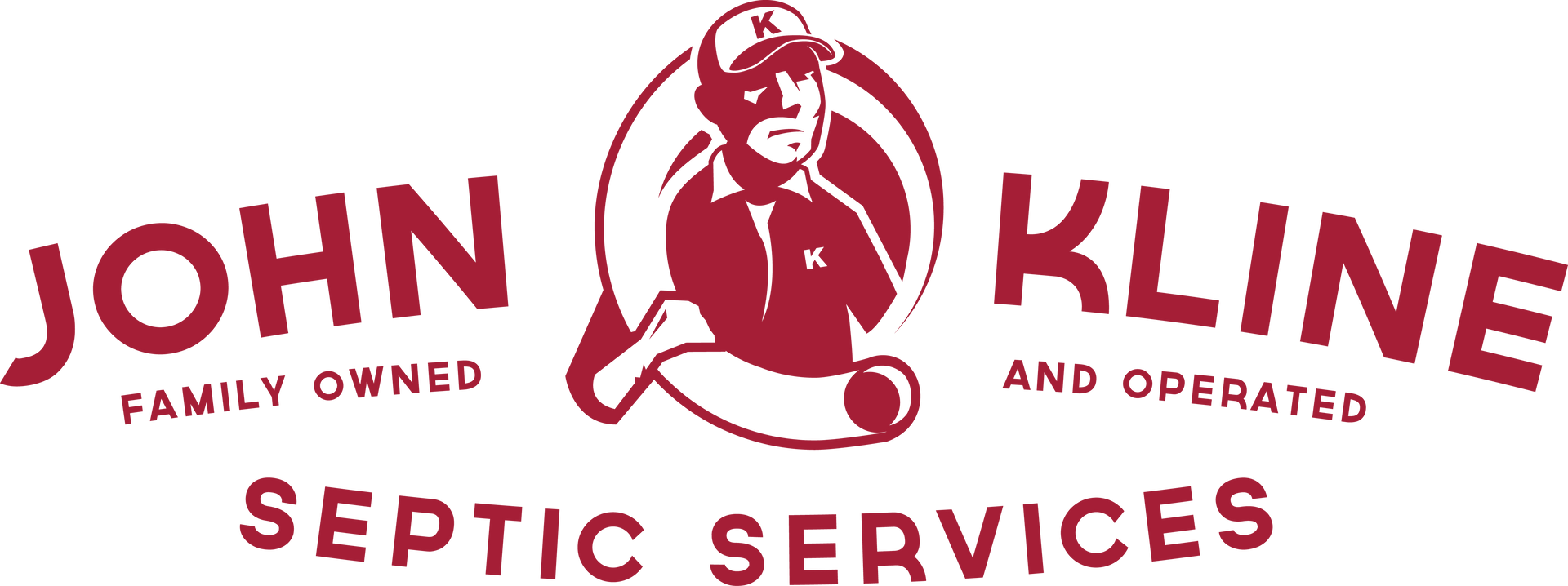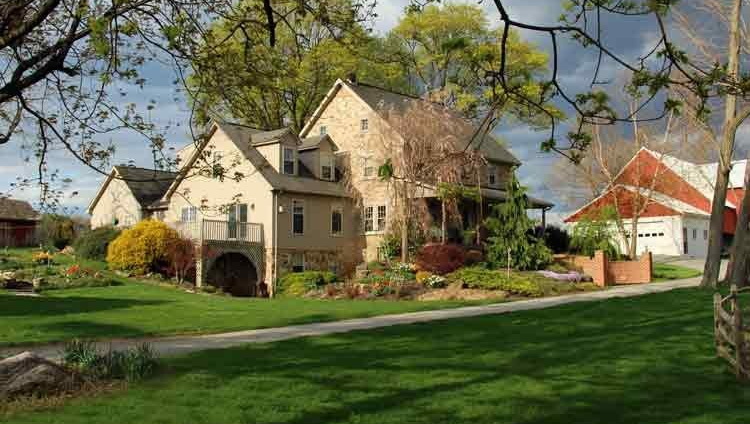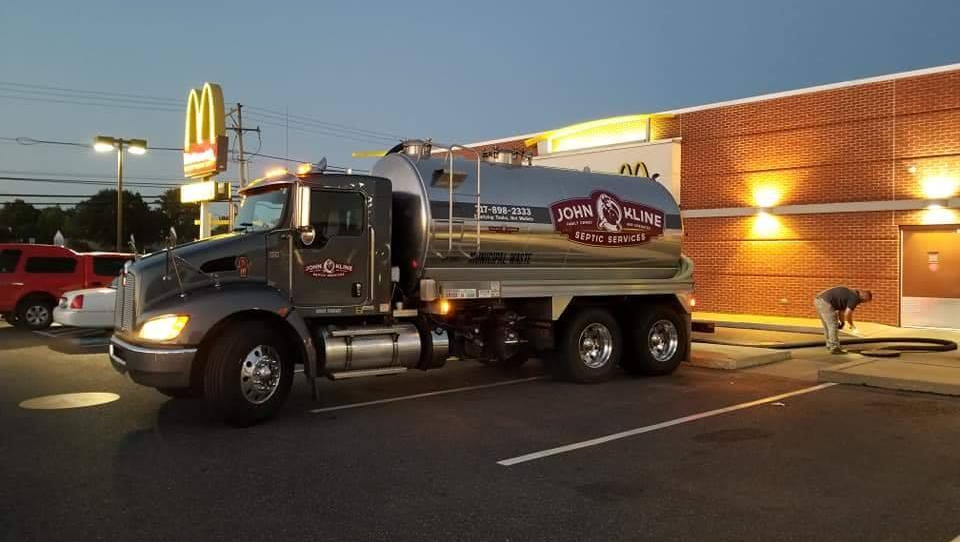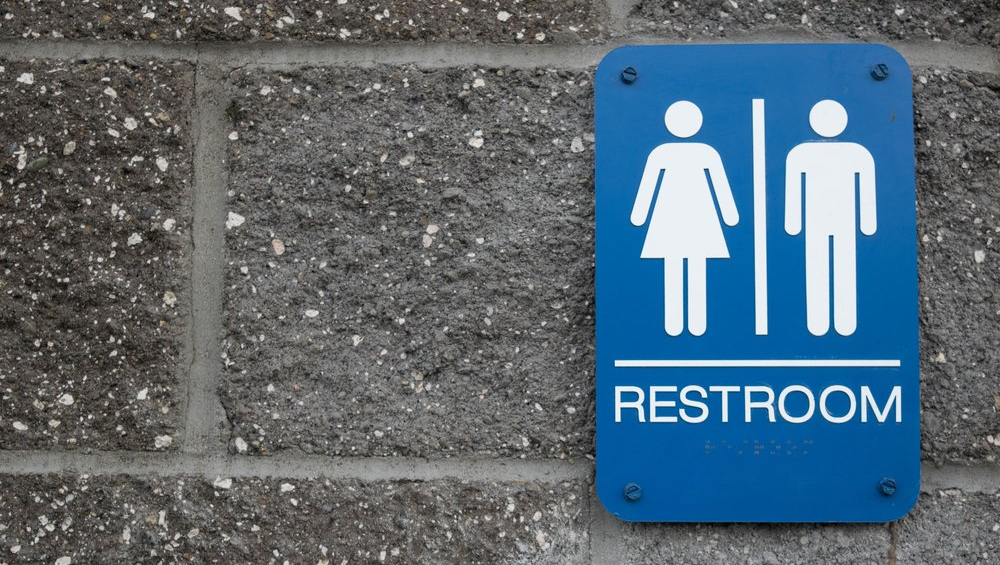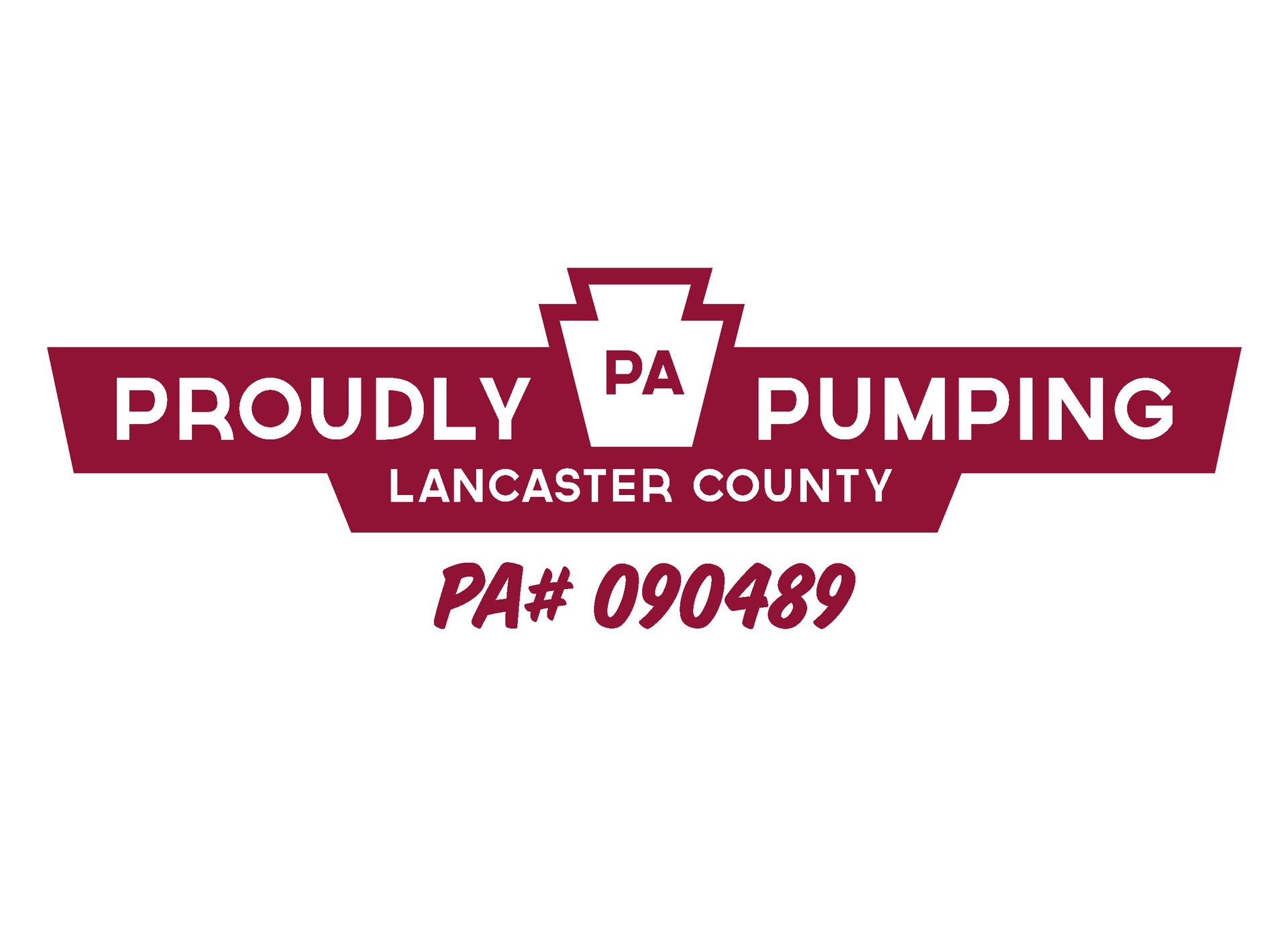FAQs
-
How often should I have my septic tank pumped?
How often you should pump your septic tank depends on the size of your septic tank and the number of people in your household. If you have a garbage disposal your system may require more frequent pumping. Other factors that determine how often you should have your septic tank pumped include the age of your system, condition of your drainfield, naturally occurring bacteria in your system and overall water usage. We recommend pumping every 2-3 years on average.
-
What is your service area?
We offer residential septic pumping thoughout most of Lancaster, York, Dauphin and Lebanon counties. We do not provide residential service in Chester or Berks county.
-
What are the signs of a clogged or damaged septic system?
There are various factors that contribute to a clogged or damaged septic system but if you are experiencing any or all of these symptoms be sure to give us a call. We offer 24/7 emergency services.
- Gurgling sounds when flushing your toilets or slow running drains.
- Actual septic sewage backups from toilets or other plumbing inside your home.
- Septic tank pump alarms or soggy area above ground.
- Sewage odors inside your home or near your septic tank.
-
Can you help with clogged drains or toilets?
Yes, we have a variety of equipment to tackle anything from clogged sinks or toilets to your main sewer line. If a plumber cannot resolve a clog or backup, we are happy to provide jetting or cabeling services.
-
Are there any ways to prevent a soggy drainfield?
When you have a septic system you need to be mindful of your water usage to prevent a soggy drainfield or septic mound. The biggest water users are showers and laundry. If you have a large family try breaking things up so some people shower at night and others shower in the morning. When it comes to laundry, try doing one load every few days instead of 3 or 4 loads at the end of the week. If you need to do multiple loads at a time, avoid adding an extra rinse cycle.
-
How can I keep my septic system healthy?
In addition to pumping your septic tank regularly, you can keep your septic system healthy with additives like Bio-Active. Bio-Active comes in a dissolvable packet (similar to a laundry detergent pod) and contains healthy bacteria that help break down solids in your septic tank. All you have to do is toss the packet into your toilet and flush. Ask your John Kline Septic technician about purchasing the additive during your next pumping or call us today – we offer a great price.
-
Is it true that if you have a septic system you shouldn’t use a garbage disposal?
True. Garbage disposals can increase the amount of solids in your septic tank by up to 50 percent. Eliminating your garbage disposal can help to reduce the amount of grease and solids that enter your drainfield. Why is it important to reduce solids? Solids increase the amount of sludge and scum in your septic tank which can lead to backups and difficulty when pumping.
-
Are flushable wipes safe for my septic system?
No. There is truly no such thing as a “flushable” wipe, despite what advertisers will say. “Flushable” wipes do not disintegrate easily or quickly which can clog up your septic system leading to major backups. See for yourself in this Consumer Reports experiment. If you have a septic system, its best to treat “flushable” wipes just like baby wipes or face wipes and throw them in the garbage, not the toilet.
-
Do you offer same day service?
Yes. We offer 24/7 emergency services. Our technicians are on call, even on nights and weekends. We understand that your home is your top priority so if you’re experiencing a backup, give us a call at 717-898-2333. We can diagnose your problem and get your septic tank pumped within hours.
*Same-Day rates apply
-
Do you offer line-opening services?
Yes. We can open clogged lines whether you are on septic or public sewer. We utilize a high pressure water jet or cable machine to break up debris and reopen blocked lines, and we can use our camera to diagnose exactly what the problem is.
-
Can I use a water softener with a septic system?
If you choose to use a water softening system in a house connected to a septic system it's best to contact a plumbing professional to discuss different drain–routing options. This simple, inexpensive measure can prevent septic tank and treatment system failure due to excessive water and salt overloading the system.
-
What info should I have before my septic inspection?
Prior to inspection please mark the area where your tank and absorption area (drainfield) are located. If we cannot locate components of your septic system with hand tools, we may need to utilize locating and diagnostic equipment which may add to your cost.
-
How often should I empty my grease trap?
A good rule of thumb for any cleaning schedule is every one to three months. However, in order to determine if it should be one or three, you will need to follow the 1/4th rule. This rule states that once 1/4th of your grease trap has been filled with fats, oils, grease, and solids (FOGS) it is time for a pump out.
-
Does grease trap size matter?
Yes. If your business has grown or your menu has changed but your kitchen has not, make sure your trap can handle the amount of waste you’re producing. If you’re not sure how to check, ask one of our friendly technicians. We’re happy to review your kitchen and your trap to make sure everything is functioning properly.
-
Can you service my franchise with multiple locations?
Yes we can. We travel throughout Central Pa and if you have restaurant locations out of our service range, we work with reliable partners throughout the state to tackle jobs of all sizes.
-
Can you be on location before or after regular business hours?
Yes. We are happy to accomodate your operating hours. We understand that many restaurants open early or stay open late. We'll do our best to work around your busiest hours.
-
Do you offer line opening and jetting services?
Yes. We can open clogged lines whether you are on septic or public sewer. We utilize a high pressure water jet or cable machine to break up debris and reopen blocked lines, and we can use our camera to diagnose exactly what the problem is.
-
Can you reach my grease trap if I'm in a food court?
Yes. We have specialized equipment to reach tanks that are hundreds of feet from where we are able to park our trucks. Whether you're in a farmer's market or shopping mall food court, we can get inside and service your grease trap.
-
Do we need to be on-site at time of service?
Yes and no. We always like to meet our customers at their first service, but if you are a repeat customer and we can access your grease trap or septic from the exterior, we're happy to come and go on our own.
-
What type of payment methods do you accept?
We are happy to accept cash, checks and all major credit cards. We are also happy to send you an electronic invoice and you can pay online with card or ACH.
-
How much do you charge for routine septic pumping?
Our pricing varies by township. Our regular rates start at $210 plus cost of disposal. Many townships require pumping every 3-5 years. For additional information and same-day or emergency pricing, contact us today or call 717-898-2333.
-
If my township has a pumping ordinance, who handles the paperwork?
Some townships require a report to be filed after your pumping and we're happy to handle that for you unless guidelines specify the report must be submitted by the homeowner.
-
Is there a fee associated with my required township report?
If your township requires pumping, you may need to submit a report to verify that your system was pumped by a licensed professional. Some townships do require a processing fee but you don’t need to worry, we’ll keep you informed of any additional costs and in most cases we’ll take care of submitting the report for you, unless requirements specify the report must be submitted by homeowner. In either case, processing fees do not exceed 30 dollars.
-
What is your same day service rate?
Our same day service rate is our regular service rate plus an additional fee starting at $125 depending on your job type and location.
Quick & Reliable
We offer round the clock septic and grease trap service in Lancaster, York, Lebanon, Dauphin, Cumberland, Chester County and beyond.
Services
Quick Links
All Rights Reserved | John Kline Septic Services | Site Design by Rachel Kline Creative
January 8, 2025, Welcome to Septic Tank Services in Lancaster Pa. John Kline Septic Services provides residential septic tank cleaning services in Lancaster, Lebanon, York and Dauphin counties. All of our technicians are PSMA certified inspectors to perform real estate septic tank treatment assessments and township septic tank inspections, as well as small Septic Repairs and Pumping Diagnostics. Let us take care of all your sewage and waste disposal needs. We are now offering Restaurant Grease Trap Cleaning and High Pressure Jetting for the Commercial food industries. We service septic and holding tanks, and provide grease pumping at affordable rates.
